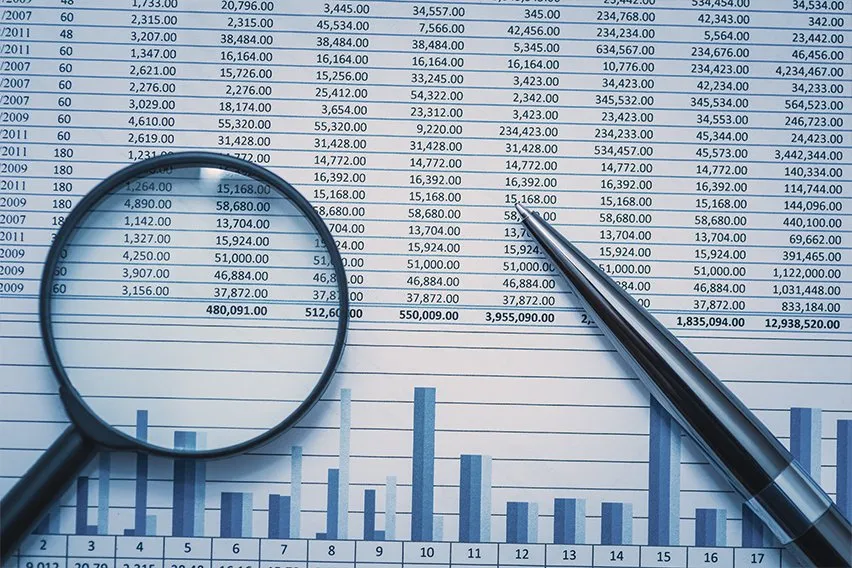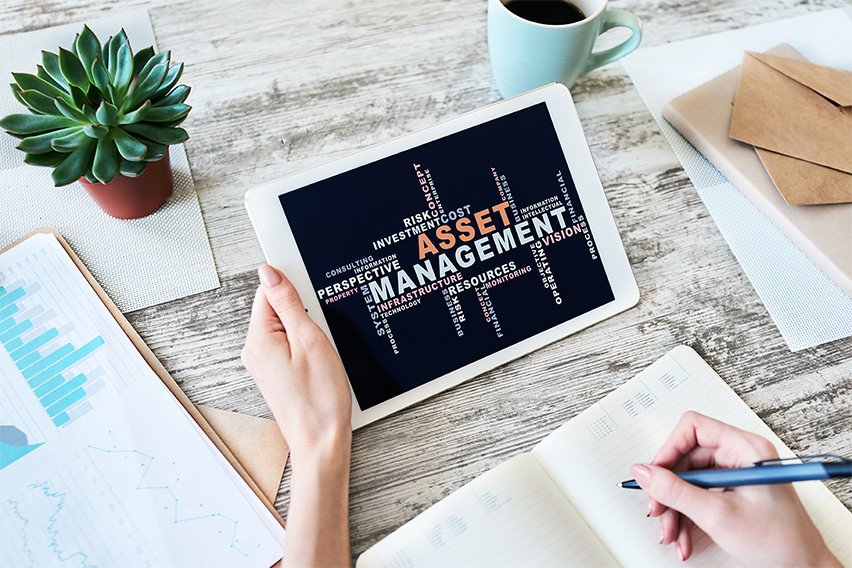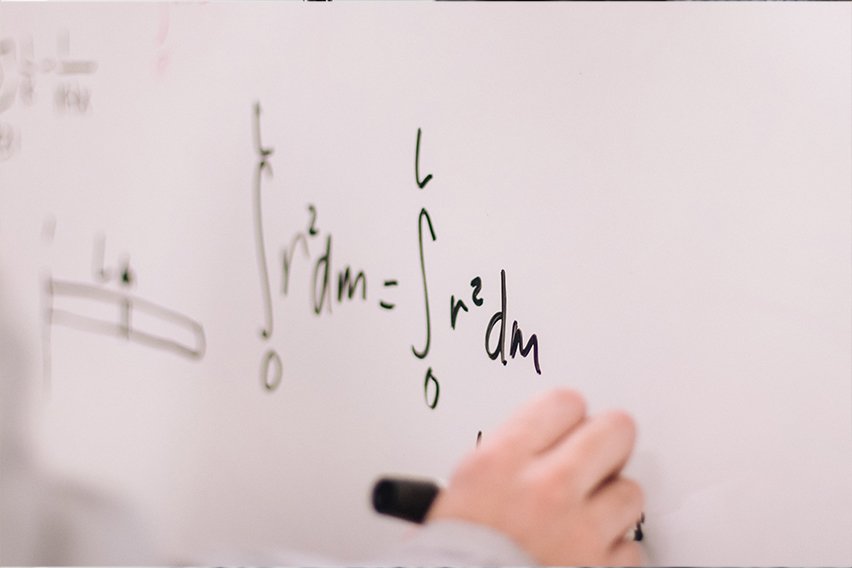What is Forensic Accounting?

“Get forensics down here!” A standard phrase in any police crime drama, set just about anywhere in the world. And we know they don’t mean the accounts department! Plastic-suited forensic science teams arrive at the crime scene and apply their astonishing scientific knowledge to discover the (usually grizzly) truth about what happened.
Forensic accountants use their accountancy knowledge to unearth the truth about financial crime. Forensic accounting is obviously not as gruesome, but both professions require several of the same advanced skills.
And there’s a common objective – to find and present evidence in a court of law. The word forensic is associated with death because most of us only hear in the context of a (thankfully) fictional murder investigation. But its definition is: “belonging to, used in, or suitable to courts of judicature or to public discussion and debate.” It actually refers to something that’s to be used as evidence during legal proceedings.
Forensic accounting is a highly specialised branch of the industry. Not only do forensic accountants investigate financial situations, but they must also prepare their findings for presentation in court.
Here’s What We’ll Cover:
What Do Forensic Accountants Investigate?
What Do Forensic Accounting Professionals Actually Do?
Who Hires Forensic Accountants?
What Do Forensic Accountants Investigate?
Forensic accountants use a variety of auditing, accounting and investigative skills to analyse the financial information that shows a crime has been committed. Their discoveries are then used by lawyers to prosecute – or defend – those accused of financial crimes.
Money is a driving factor in so many crimes that forensic accountancy can be an extremely varied job. You may work on cases such as:

- Embezzlement
- Fraud
- Theft
- Tax evasion
- Securities fraud
- Insurance fraud
- Professional negligence
- Hidden assets during divorce proceedings
- Insolvency
- Money laundering
- Arms and people trafficking
As explained by the Institute of Chartered Accountants in England and Wales (ICAEW): “Forensic accountants are trained to look beyond the numbers and deal with the business realities of situations.”
There are other, civil, situations that use forensic accountant. For example, business valuation disputes, assessment of economic damages, and legal disputes around issues like a breach of contract – including marriage.
Some organisations and businesses employ forensic accountants in a proactive role. Then their objective is to prevent crime taking place before it even happens by finding weaknesses in their systems. This minimises the company’s risk and bolsters their status as a safe pair of hands.
What Do Forensic Accounting Professionals Actually Do?
Forensic accounting professionals analyse all the financial and business data they have available to them. This really means everything; accounting records, bank statements, contracts, correspondence between connected individuals and anything else deemed pertinent to the case. Yes, even the contents of your FreshBooks accounting software!
The role of a forensic accountant is so much more than a simple evaluation of what can be seen at the surface level. We all know that not everything can be taken at face value. And the forensic accountant’s job is to assume that nothing is as it seems and uncover the hidden meanings contained within all the facts, figures and communications at their disposal.
To get to the truth requires meticulous analysis, combined with extensive legal, business and accountancy knowledge and creative thinking. And then you need to be able to explain very detailed, technical evidence to non-experts in court. This gives you the opportunity to show how these incredibly complex crimes have been committed. Sometimes using reconstruction to demonstrate the findings in your written report.
Each case will be different and have its own set of interesting discoveries to be made.

Who Hires Forensic Accountants?
Forensic accounting services are used by a variety of different organisations that need their expertise to resolve a financial discrepancy, such as:
- Insurance companies
- Large businesses
- Police
- Consulting firms
- Banks and other financial institutions
- Government agencies and departments, like HMRC
- Regulatory bodies
- Accountancy and legal firms
You then work with law enforcement and legal professionals to help them build their cases and provide expert witness testimony during trials.
RELATED ARTICLES

 What is Sharpe Ratio? An Extensive Guide
What is Sharpe Ratio? An Extensive Guide Activity-Based Costing (ABC): Definition, Example & Process
Activity-Based Costing (ABC): Definition, Example & Process Cost-Benefit Analysis: An Extensive Guide
Cost-Benefit Analysis: An Extensive Guide What Is Asset Management? Definition & Importance
What Is Asset Management? Definition & Importance WACC Formula, Calculations & Definition
WACC Formula, Calculations & Definition How to Cancel a Direct Debit: Everything You Need To Know
How to Cancel a Direct Debit: Everything You Need To Know